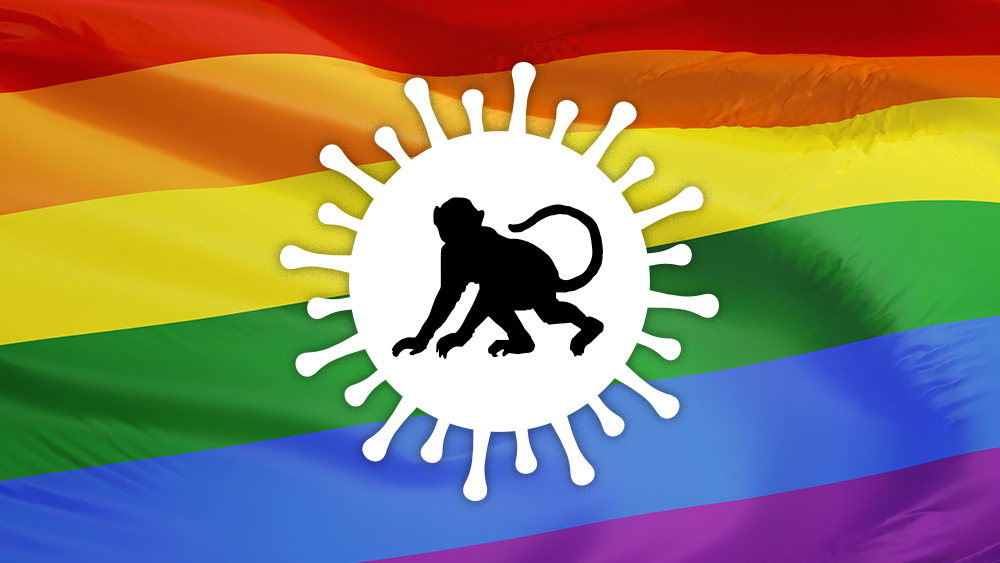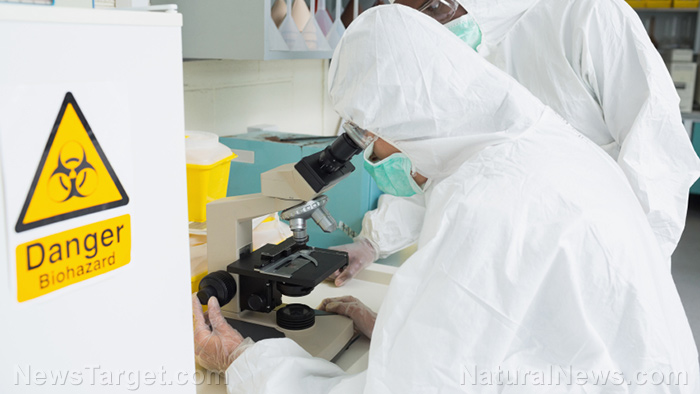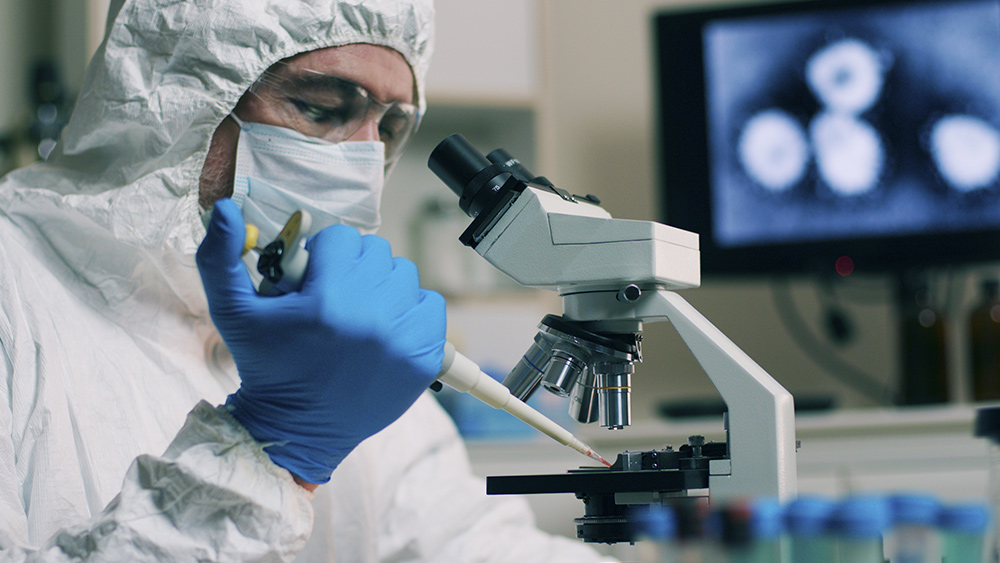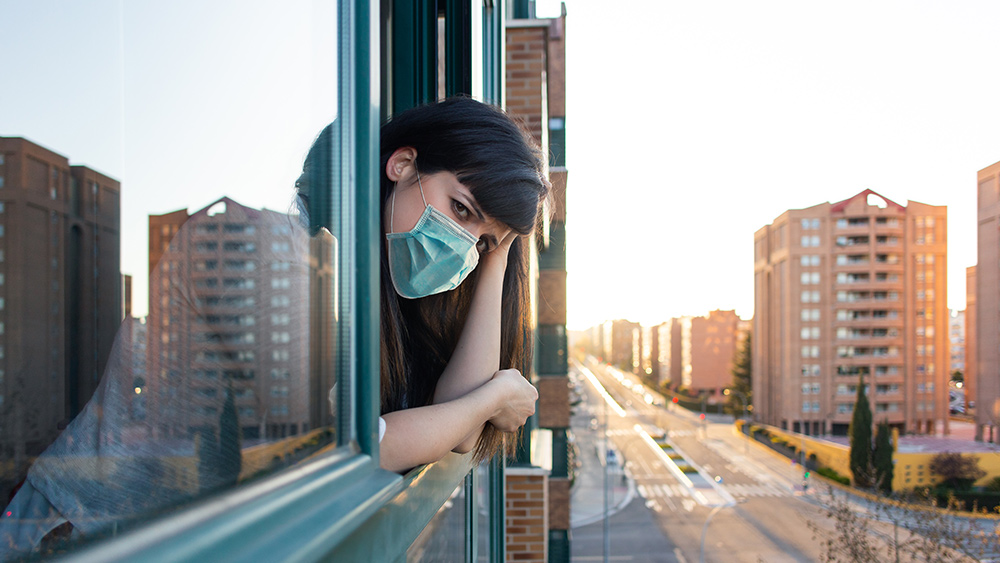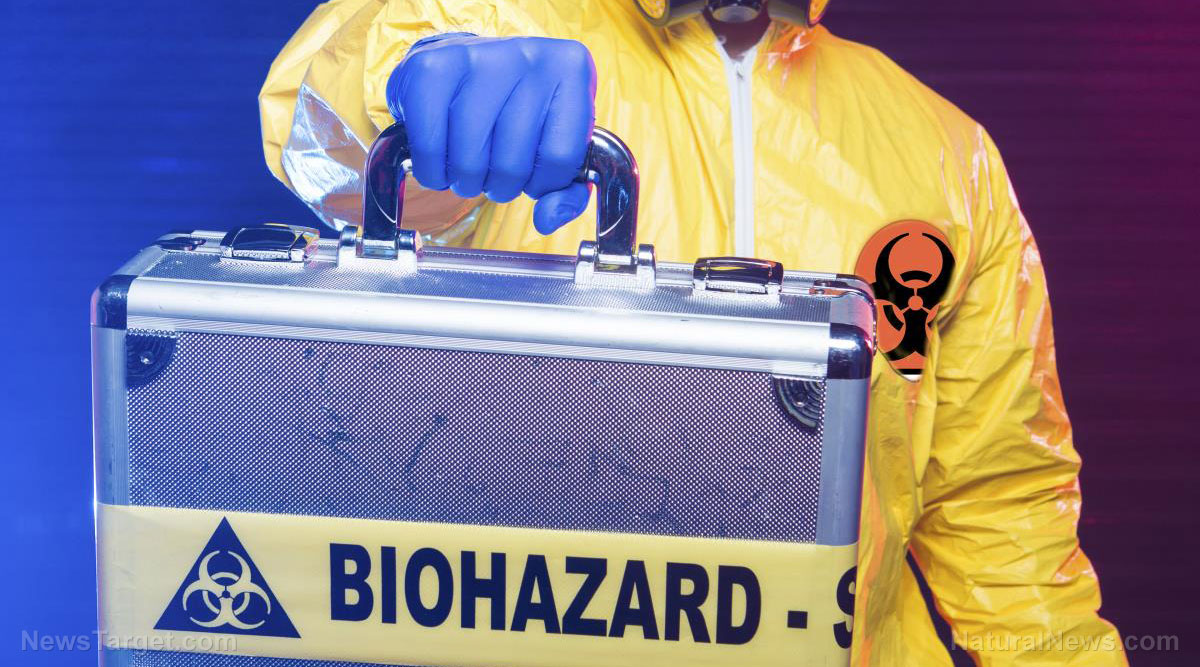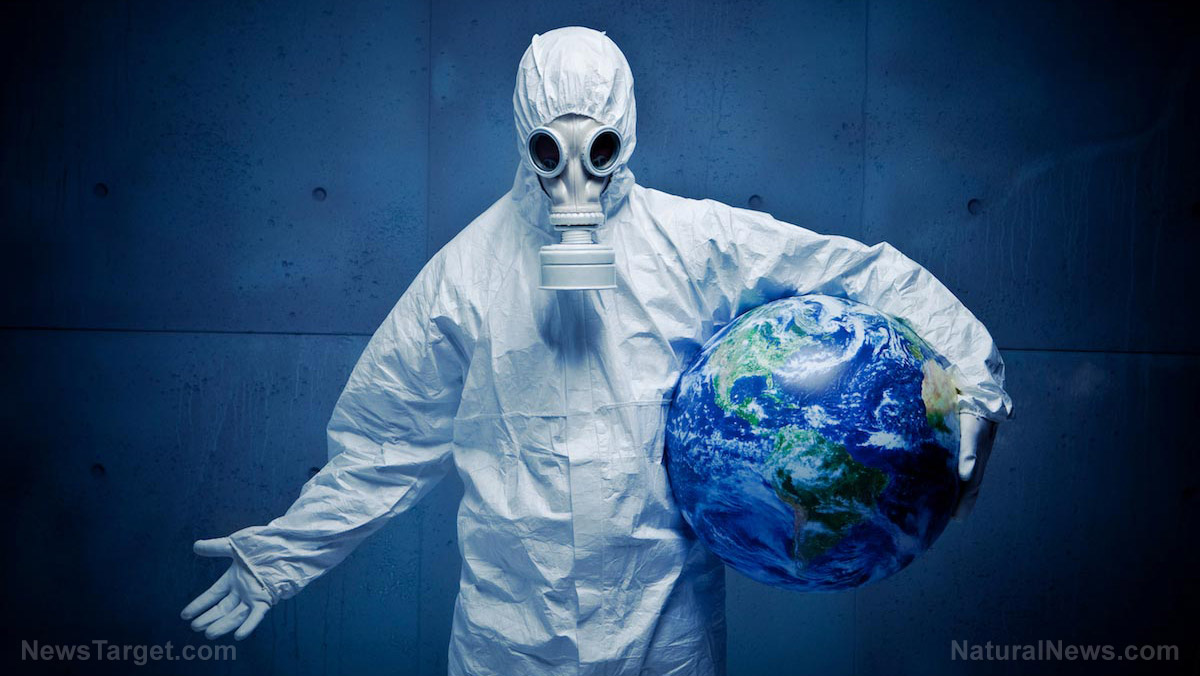FDA panel unanimously supports new RSV antibody drug for infants
06/14/2023 / By Kevin Hughes
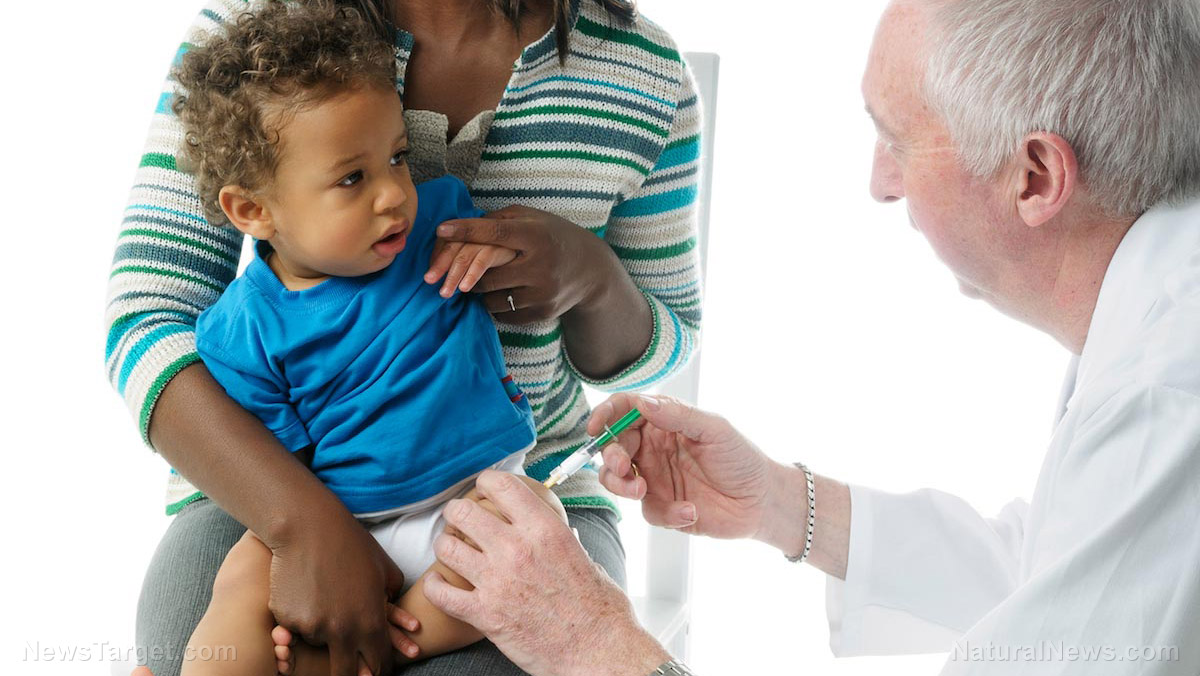
A panel of independent advisors to the Food and Drug Administration (FDA) has thrown its support behind a new preventive antibody treatment for respiratory syncytial virus (RSV) in newborns and infants.
All 21 members of the FDA’s Antimicrobial Drugs Advisory Committee (AMDAC) unanimously voted in favor of the monoclonal antibody nirsevimab on June 8. The committee agreed that the benefits of nirsevimab exceed the dangers in preventing RSV infections for newborns and infants in their initial RSV season. With the AMDAC’s decision, nirsevimab is closer to receiving final regulatory approval.
In a separate 19-2 vote, the AMDAC supported the monoclonal antibody’s use in children aged up to two years who are are vulnerable to serious disease through their second RSV season. While the FDA is not required to follow the panel’s advice, it usually does so.
Nimish Patel, a member of the AMDAC, described nirsevimab as “probably the closest thing to an RSV vaccine that we have, and it really moves the field forward.” Patel, a professor of clinical pharmacy at the University of California, San Diego, added that the once-seasonal dosing schedule is a “huge advance.”
According to the Centers for Disease Control and Prevention (CDC), RSV is a common respiratory virus that normally causes mild, cold-like symptoms, from which most individuals recover in a week or two. Nevertheless, the illness can be severe for some, along with infants and older adults.
RSV is the most frequent cause of bronchiolitis and pneumonia in children younger than one year old in America, and is also the major cause of hospitalization in the same age group in the nation. Among children under five years old, the virus results in up to 80,000 hospitalizations and up to 300 deaths a year in the country with most people infected at the age of two.
Big Pharma on a roll with RSV “treatments”
Nirsevimab – sold under the commercial name Beyfortus – is made by the Anglo-Swedish drug manufacturer AstraZeneca and marketed by the French drug firm Sanofi. It is already authorized for use in Canada, the United Kingdom and the European Union.
“Nirsevimab builds on AstraZeneca’s strong science, leadership in RSV and commitment to addressing the needs of the most vulnerable,” said Iskra Reic, AstraZeneca executive vice president for vaccines and immune therapies.
At present, palivizumab – sold under the brand name Synagis – is the only authorized preventive treatment in the U.S. against RSV for infants. Targeted to pre-term infants or high-risk infants and children, the drug gives short-term protection and is provided as monthly injections.
On the other hand, nirsemivab is a long-acting treatment scheduled to be offered once every RSV season to prevent infection. Considering it is a monoclonal antibody, nirsevimab is not cited as a vaccine. In the event that it is approved, nirsevimab would be the first preventive treatment intended to protect all newborns and infants in their initial RSV season.
An increase in the number of children afflicted with RSV in America was reported in late 2022, leaving several hospitals across the country overwhelmed.
The AMDAC’s endorsement of nirsevimab came a few weeks after a separate FDA panel endorsed Pfizer’s maternal RSV vaccine. The FDA’s Vaccines and Related Biological Products Advisory Committee (VRBPAC) gave its thumbs up to the New York-based drug company’s injection intended to protect newborns from RSV, despite worries that it could lead to premature births. (Related: Big Pharma companies racing to be the first to launch an approved RSV vaccine.)
However, it remains unknown how nirsevimab works in infants whose mothers were injected with the RSV vaccine. Dr. Karen Kotloff, another member of the AMDAC, said: “There will need to be studies that are done to figure out when one is more useful than the other.”
Visit BigPharmaNews.com for more stories about drug companies developing “treatments” for RSV.
Watch Jefferey Jaxen and Del Bigtree discussing the FDA’s VRBPAC pushing the RSV vaccine for pregnant mothers on “The HighWire.”
This video is from the Scriptural Scrutiny channel on Brighteon.com.
More related stories:
Emergency rooms packed with children sick with RSV due as amoxicillin shortage rages.
First RSV emergency declared as Pfizer and GSK race to get vaccines approved.
Sources include:
Submit a correction >>
Tagged Under:
AMDAC, AstraZeneca, big government, Big Pharma, children's health, FDA, immunization, infant health, infections, infectious diseases, monoclonal antibody, nirsevimab, Pfizer, rsv, RSV vaccine, Sanofi, VRBPAC
This article may contain statements that reflect the opinion of the author
RECENT NEWS & ARTICLES
Infections.News is a fact-based public education website published by Infections News Features, LLC.
All content copyright © 2018 by Infections News Features, LLC.
Contact Us with Tips or Corrections
All trademarks, registered trademarks and servicemarks mentioned on this site are the property of their respective owners.




